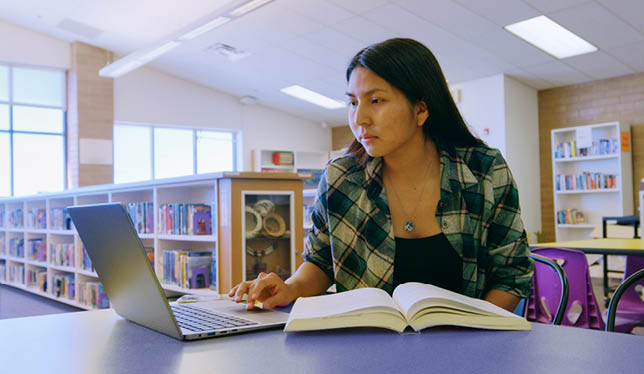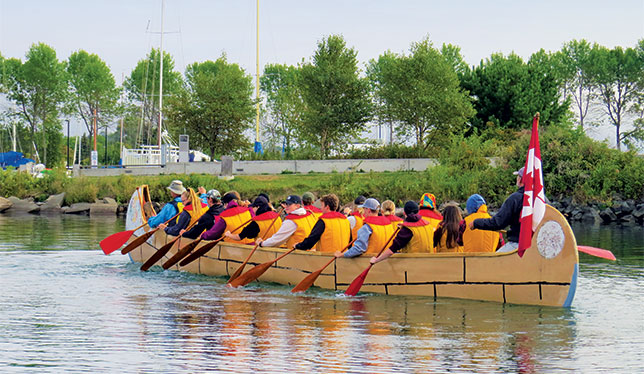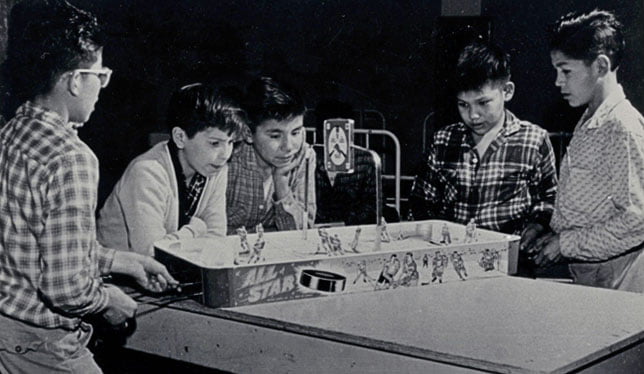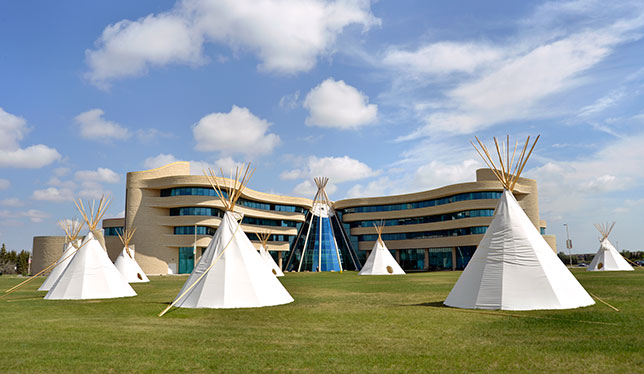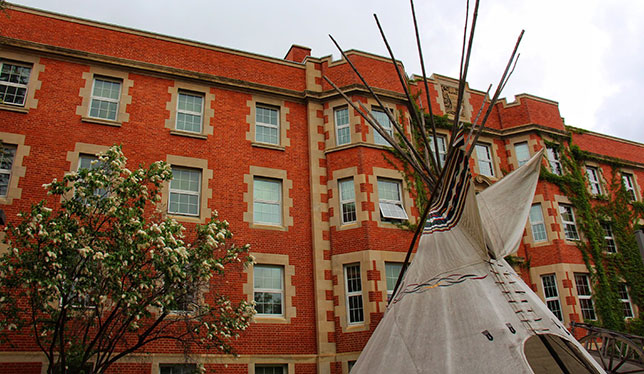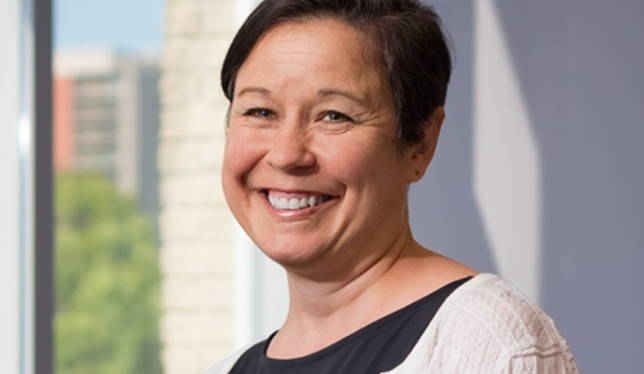-
Embarking on the path to reconciliation
A list of helpful resources to help profs explore, learn and discuss the importance of Truth and Reconciliation with students.
-
What does Indigenization mean?
It is a critical path forward for institutions to create meaningful change and honour Indigenous self-determination.
-
Truth and reconciliation in 2022
As an academic community, we have a responsibility to teach this country’s history and invite cordial debate on Indigenous realities.
-
Big canoes, small world
Lakehead project aims to restore one of several decades-old boats that are ‘catalysts for community building.’
-
Collaboration and community key to universities’ reconciliation efforts, say conference speakers
Participants at the fifth annual Building Reconciliation Forum discussed the importance of acknowledging past mistakes, building meaningful community relationships and “unlearning.”
-
Helping one another to advance respect and reconciliation
We must acknowledge the difficulty of the work ahead, but not be deterred by it.
-
Archives are adapting to an era of digitization and decolonization
“Acknowledging that [Indigenous communities] have sovereignty over the material and that it is indeed not yours is one of the key things we’re trying to promote in the work that we’re doing with the archival community.”
-
First Nations University of Canada now sits on reserve land
The new urban reserve, a partnership with Star Blanket Cree Nation, was nearly 20 years in the making.
-
Indigenization efforts vary widely on Canadian campuses, study finds
Institutions have focused mainly on Indigenous inclusion, but that’s only one end of a spectrum of policies needed for reconciliation, researchers argue.
-
MacEwan president outlines how reconciliation became a priority at her university
According to Deborah Saucier, symbolic and structural changes have led to improved enrolment rates and staff retention.

